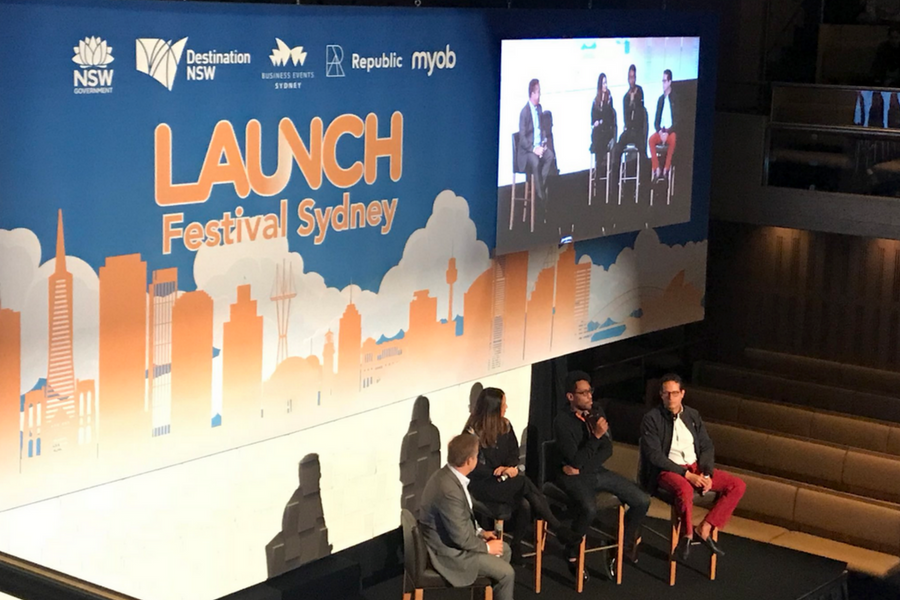“The worst thing you can do is talk to people about it. If you talk to people about it you will talk yourself out of it 100 percent of the time.”
For those of us who can’t decide on a new smartphone without reading several dozen reviews and asking everyone in the office for their advice, this may seem like impossible advice to follow, but it’s what high profile Silicon Valley investor Jason Calacanis believes is the key to angel investing.
“The chances of why these companies will fail is 100 to 1 the reasons they’ll succeed,” he told a gathering while in Sydney last week for LAUNCH festival’s first foray outside the United States.
“The way we operate our business is to never underestimate anyone.”
This promise to never underestimate anyone is based on personal experience: Calacanis himself feels he was underestimated, which gave him the fire to prove everyone wrong.
Having first made his name as a journalist, Calacanis sold his business Weblogs Inc to AOL in 2005 for US$25 million before venture capital firm Sequoia Capital brought him on as an ‘entrepreneur in action’, or scout of sorts, to identify viable opportunities.
He later began investing through AngelList, setting up the first syndicate on the platform. The first investment the syndicate made was in meditation app Calm, for US$328,000; having recently raised a US$20 million Series A round, the company is now valued at US$250 million with Apple having named it its app of the year, but backers were few and far between a few years ago, Calacanis said.
“They couldn’t raise money. No one else would take that risk, because they couldn’t see what the founders saw, which was that meditation and mindfulness was beginning to tip over into the mainstream…things can now go from obscure to mainstream in a few years,” he explained.
Deciding which founders and ideas to back brings us back to the idea of not getting talked out of it, which Calacanis admitted requires investors to “rewire their brain”.
“Entrepreneurs have already chosen to take on these crazy, difficult missions, but investors have to say, ‘there’s a one in 100 chance…if there’s a chance then that makes it worth it’. That’s what I always ask myself, ‘if it goes right, what happens?’ Rather than, ‘what can go wrong?’” Calacanis said.
Calacanis is now looking to invest in those founders on crazy missions in Australia; as he explained it, the reason for bringing LAUNCH festival to Sydney – with the assistance of the NSW Government, which funded the free event – was to discover and build a pipeline of Australian founders.
“All of it was a front for us to find great founders to invest in,” Calacanis said.
One of Calacanis’s personal theories is that a great founder can come from anywhere, he said, and the founders he met in Australia surpassed his expectations. One note, though: think bigger.
“There’s a humbleness and frugality, but [Australian founders] need to have a little bit of bigger ambition, though that will come with time,” Calacanis said.
“A market of 25 million people is nice, but a 300 million person market is better. They have to think international, but it’s good to start here; every journey starts with the first step, and if you miss that first step you can trip and fall on your face.”
Image source: LAUNCH.




















Trending
Daily startup news and insights, delivered to your inbox.